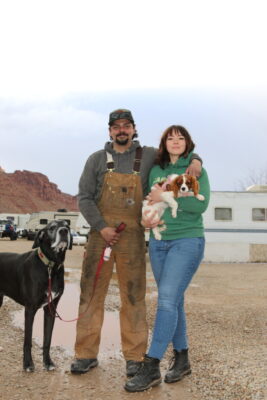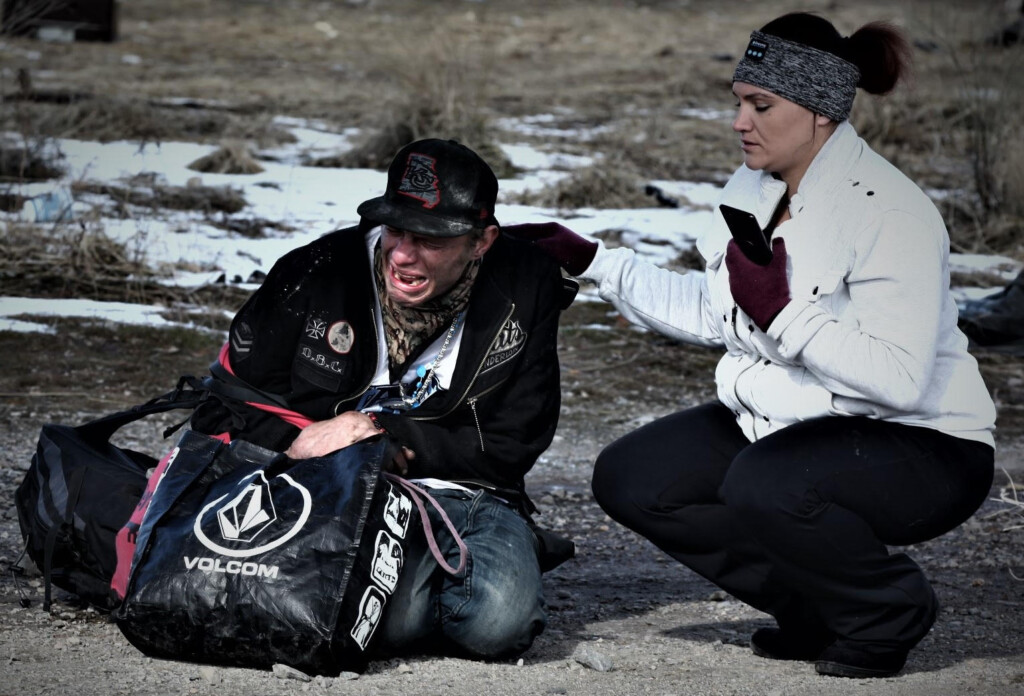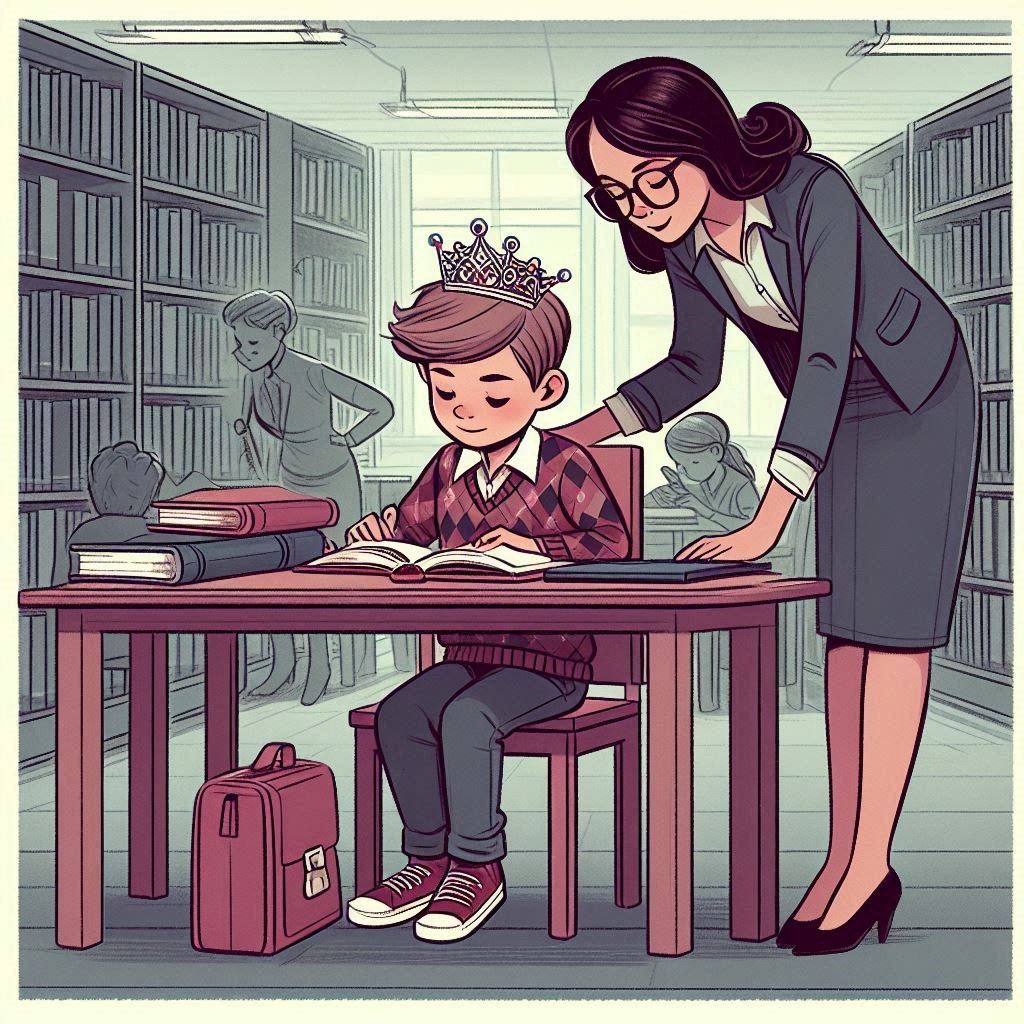Brandon Zinninger owns and operates Reparadise, one of Utah’s most prominent companies dedicated to helping more people live “the van life.” But Zinninger says that despite his vans and trailers being now a tremendous off-grid alternative to paying high rents, it’s difficult for folks who buy trailers or vans to find places where they can live long-term.
For example, Los Angeles is littered with homeless people’s Vans and RV’s and there is nowhere to put them. “Now they have to figure out what to do with all these units; I mean, we’re talking about tens of thousands, not just a few or a few hundred,” Zinninger said.
Zinninger’s custom Airstream remodels feature a new system allowing owners to charge a battery wall from the engine and get solar energy to operate an air conditioning system and a small refrigerator in the summer; life in a van or a trailer has never offered so many amenities. But the price tag on a van with all of the top amenities and features can easily surpass $100,000.
This might sound steep, and indeed it is, but with home prices approaching $500,000 for even a small house in Utah, living in a van or trailer is beginning to look much more attractive, especially for those who want to live in tourist destinations.
Utah Stories reported back in April how even middle-class residents in Moab are resorting to living in trailers due to housing scarcity. Chloe Wilson and Kieffer Smith moved to Moab with their dog only to discover that they would need to come up with a $10,000 deposit to move into a small condo. Unable to cover the deposit, they decided to live in their RV until they could rent.

They appreciate that they can save money rather than putting around $2,300 per month into rent, which is now the going rate for a two-bedroom unit in Moab, which has become one of the top tourist destinations in Utah.
Zinninger reflected on how the van industry has changed.
“Starting around 2020, the tone changed quite a bit, and it became now I can’t afford a home, and I’m also scared of what’s going to happen from political points of view to the economy.” Zinninger said. As a result he realized a surge in business.
Over the past three years, from March 2019 to 2020, according to a Forbes article, Utah’s median sale price for a home has increased by 10.7%, then 27.7%, and 23.7% the following year.
It’s not just homes that are increasing in price in Utah. So are rents for apartments.
Utah has seen a 22.2 percent increase in rent since 2019, according to a KSL article. The rent increased 10.1% from 2020 to 2021, the second-highest increase on record. Zenninger chimed in on this trend as well.
“In 2016, how many sprinters did you see down in Moab? A couple a week, now you throw a football across the street, and you’re going to hit eight of them as it bounces between them,” Zinninger said.
Based on these statistics and Reparadise’s quality products, van life looks increasingly attractive, but could we solve Utah’s housing crisis with vans and trailers, if so Zinninger says, “Repairadise is ready to help!”






